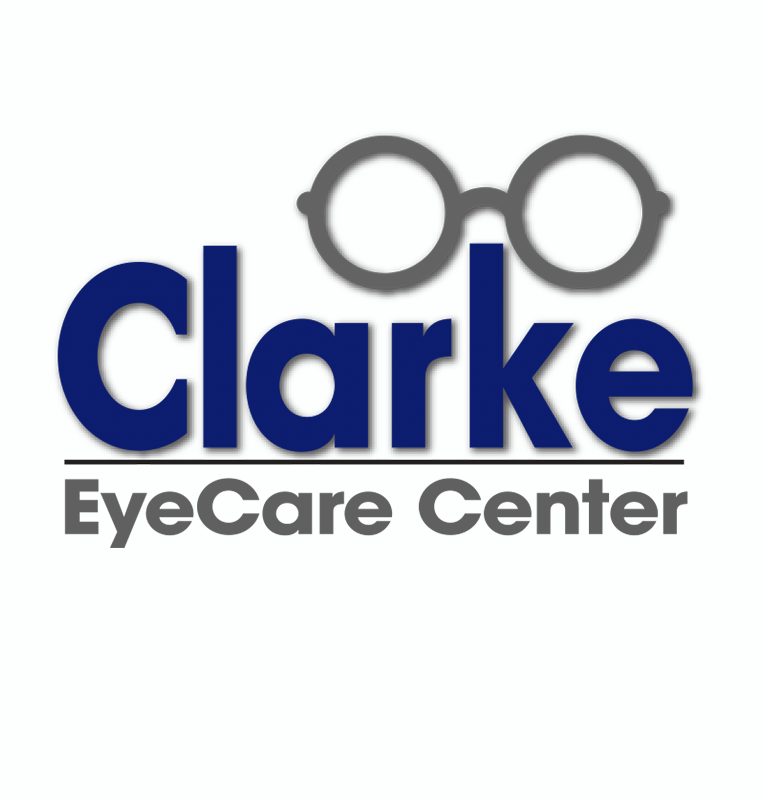
-
What Do We Do?
-
Resources
-
Events
-
Coaching
- Training


Learn from the "Best of the Best" - the Great Game™ All-Stars

Dr. Calvin Clarke opened Clarke EyeCare Center in Wichita Falls, Texas, back in 1973. His son, Danny, and his daughter-in-law, Elizabeth – who met each other at optometry school – then joined the practice in 1995. In 2010, the younger Clarke's bought the business - which provides optometry services, prescription glasses and contact lens - though the senior Dr. Clarke continues to see patients. The Clarke's began playing The Great Game of Business a few months after the change in ownership.
While the business was doing well operationally, Clarke knew that his profits were some-what low relative to the industry and, more importantly, cash flow was not where it needed to be. “Bills would come in and checks would go out, but it was always borderline with how much money we had in the bank,” he says. Dr. Clarke also knew that his peers in the op-tometry field who were financially successful tended to be micro-managers when it came to the business side of the operation. He wasn’t interested. Rather, he hoped that playing the GGOB with his associates would bring about even better results than anything he could do on his own.
One of the challenges Dr. Clarke faced in implementing the GGOB was that he could not legally share ownership with his associates through a program like an ESOP. “You have to be a licensed optometrist to own a piece of the practice,” he says. That meant that to get his associates to think like owners, he needed to rely on creative bonus programs to achieve similar results.
He began by identifying profitability as the Critical Number for their first year. He also put a quarterly profit-sharing program in place so that all 14 associates in the company would have a stake in the outcome if the firm hit its targets. The results were impressive: not only did production go up, but costs went way down – which drove profits to record levels. “People learned to stop spending without thinking,” says Dr. Clarke. “They learned to look at the bottom-line costs before they placed an order. By sharing the resulting profits, eve-ryone began to feel and act like an owner.”
Since the firm is structured with three divisions: patient relations / business office; doc-tors / tech; and optical, which sells the glasses, Dr. Clarke also put a series of MiniGames in place to drive better results in, for instance, sales of glasses or the number of new patient exams booked. What’s interesting is that the associates eventually asked Dr. Clarke to insti-tute non-monetary awards for MiniGames. “They learned that if they pay themselves for MiniGames, we’ll have lower profits at the end of the quarter, which will lower their poten-tial bonuses,” he says.
After conducting their High-Involvement Planning session for 2012, Dr. Clarke and his asso-ciates decided to focus on a more unconventional Critical Number for that year: education – both for themselves and their customers. Rather than trying to press customers to spend more on their glasses, for example, the team’s goal is to do a better job educating that customer on what they might need. The firm is also investing in external ad campaigns to help educate the public about what an optometrist offers.
Implementing The Great Game of Business brought new success to Clarke EyeCare, it has also been a revelation to the senior Dr. Clarke. “My dad has been amazed by the difference the Game has made in terms of our associate buy-in,” says the younger Dr. Clarke. “He’s like, ‘Wow,’ since he gets a bonus check along with everyone else on the team.”
RESULTS
- “Profit-Ability”: Year-over-year net profits are up an impressive 60% .
- Cost Containment: Cost of goods sold are 20% lower since the firm implemented the GGOB.
- Pay for Performance: In 2012, associates received 6% of their pay in bonuses, which equaled nearly one month’s pay.
- Growth Spurt: Revenues have spiked a collective 21% since the firm implemented the GGOB.
- Turnover is Down: Dr. Clarke says that the GGOB has also had a powerful effect on employee turnover. Whereas he used to let someone go every six months or so, now he has people lining up to get hired.
- The 14-Hour Work Week: Dr. Clarke has not only been able to downshift his schedule to working two days a week, he has used the extra time to start a new busi-ness, Clarke Vision Performance, which specializes in sports vision training and therapy.
Terms and Conditions | Privacy Policy
All trademarks, trade names or logos mentioned or used herein are the property of their respective owners. Reference to any product or service by manufacturer, trade name, trademark or otherwise does not reflect any affiliation with the manufacturer or its endorsement of the products or services. | COPYRIGHT © 2019 THE GREAT GAME OF BUSINESS, INC. All rights reserved.
For over 40 years, The Great Game of Business™ has helped organizations reach their highest potential and value.
Tapping into the universal human need to win, GGOB educates your people in the rules of business, rallies them around a common goal, empowers them to see and improve the score, and engages them by giving them a stake in the outcome.
2401 E. Sunshine St.
Springfield, MO 65804